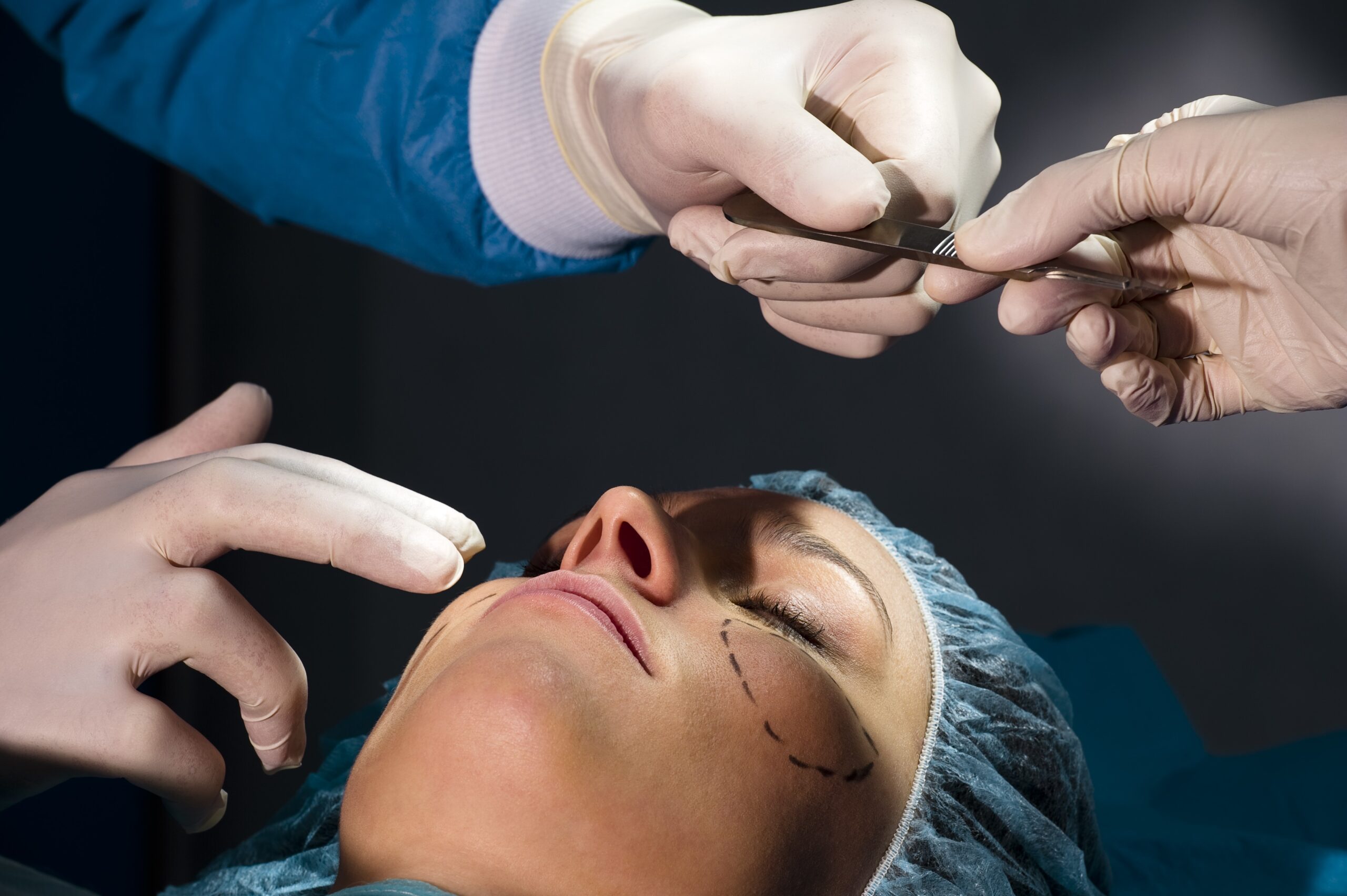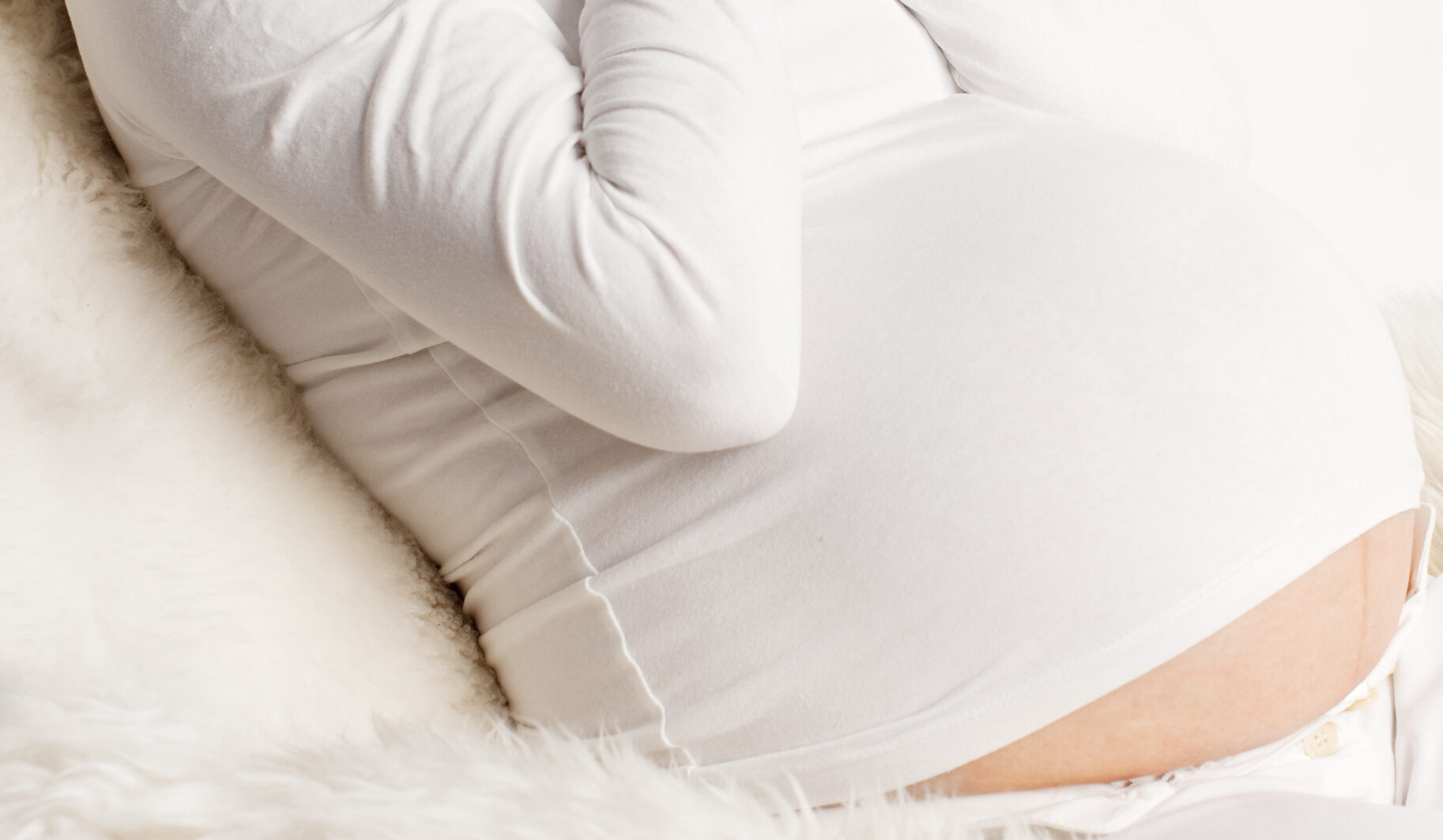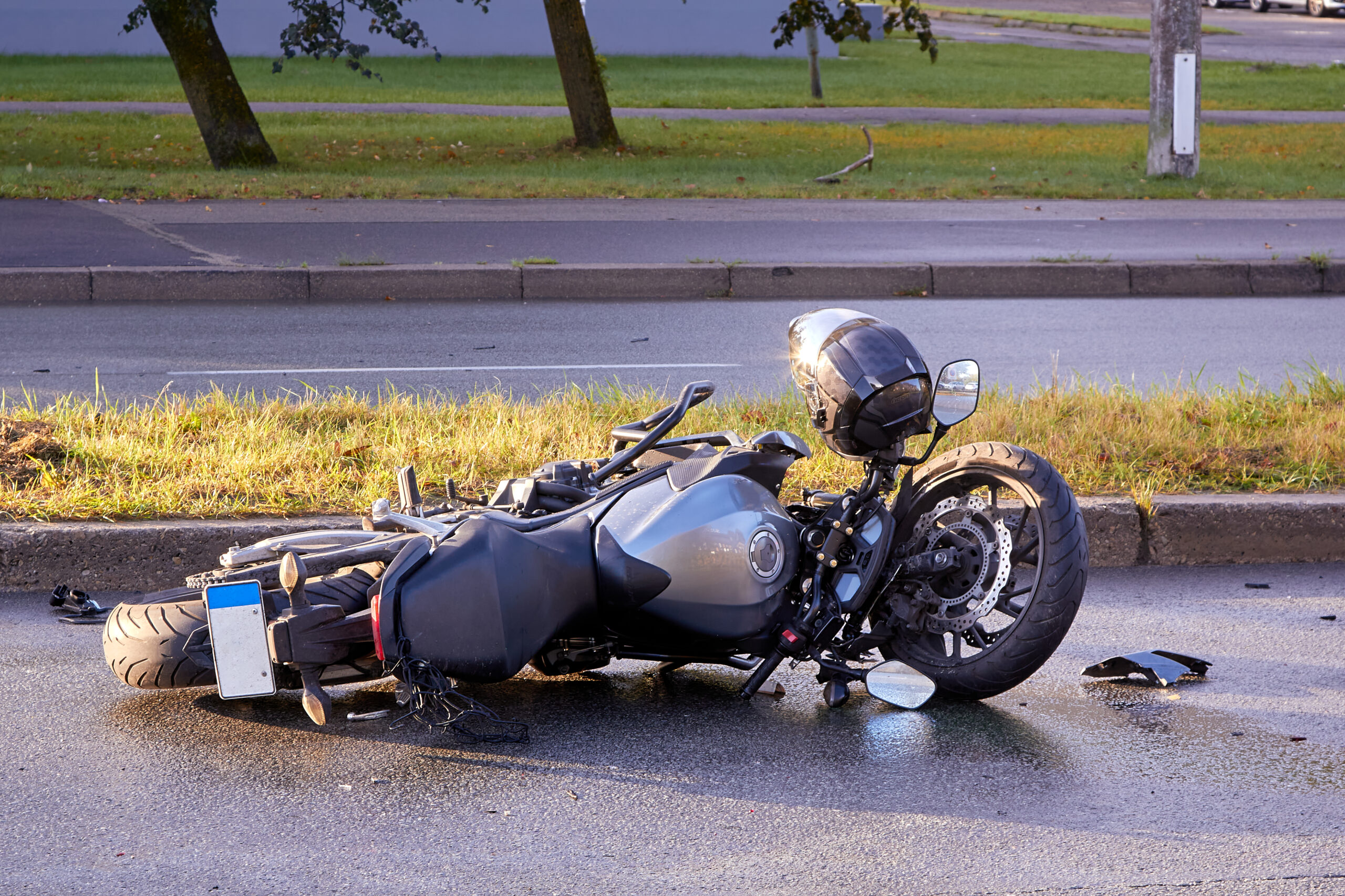Can birth trauma cause Autism? Ten years ago, the answer to this question would have been a resounding no. Many roads lead to a diagnosis of Autism but birth injury (in the absence of cerebral palsy) was not considered one of them, since the popular understanding even now is that Autism, at least in part, has a genetic origin. However, in recent times, mainly in overseas jurisdictions, there are signs that this may no longer be a dead end to a claim for compensation for cases involving birth injury due to problematic (or absence of) intervention during delivery, delayed access to C-section and pre-eclampsia.
Autism is generally diagnosed in 1-2% of the population. It is very much a subjective diagnosis based on observable traits often relayed by parents. There is no typical set of characteristics but rather it presents as a multifactorial disorder – there are a number of genetic and environmental factors which result in a multitude of traits, unique to each individual. Indeed, it is properly known as Autism Spectrum Disorder because of the widespread variation (“spectrum”) in the nature and severity of traits experienced by those with a diagnosis.
Science still has no definitive answers about the cause of Autism. At one point, it was thought to be genetic, but there are cases overseas where expert paediatricians or paediatric neurologists are making credible links between brain injury and Autism. Some key parts to proving such a case include:
- No familial history of Autism – in the absence of a genetic cause, and the presence of a brain injury, the causative link is strengthened.
- Clear evidence of a hypoxic event causing injury. An MRI scan which shows a brain injury is helpful, although it is possible to have an injury which is not patent on a scan. Low APGAR scores below 7 are also indicative of the same.
There is still no paved highway linking birth injury to Autism but there are the beginnings of a goat track. This shift in evidence is based on studies which have found a close link between birth injury and Autism notably, because the brain size, structure and connectivity in Autistic patients in some cases is almost identical to that of brain injury patients. There is a growing body of scientific thought, starting to be reflected in medical negligence cases, that one of the risk factors for Autism may well be birth trauma/injury.
In obstetric negligence cases, we commonly see hypoxic ischaemic encephalopathy (HIE) as the prevalent brain injury caused by oxygen deprivation during birth to the baby. Whilst a newborn baby can compensate for a certain length of time without sufficient oxygen, prolonged deprivation leads to brain injury and often there is a cascade of impairments that go with it, such as epilepsy and delays affecting motor, intellectual, metabolic and language development. There is an overlap with some of these developmental delays and those which fall under the wide umbrella of Autism Spectrum Disorder.
So, can birth trauma cause Autism? Whilst there is remaining uncertainty about science and causation evidence here in Australia, in circumstances where there is no familial history of autism and a child has suffered birth trauma, arguably a causal link can be established between the two.










